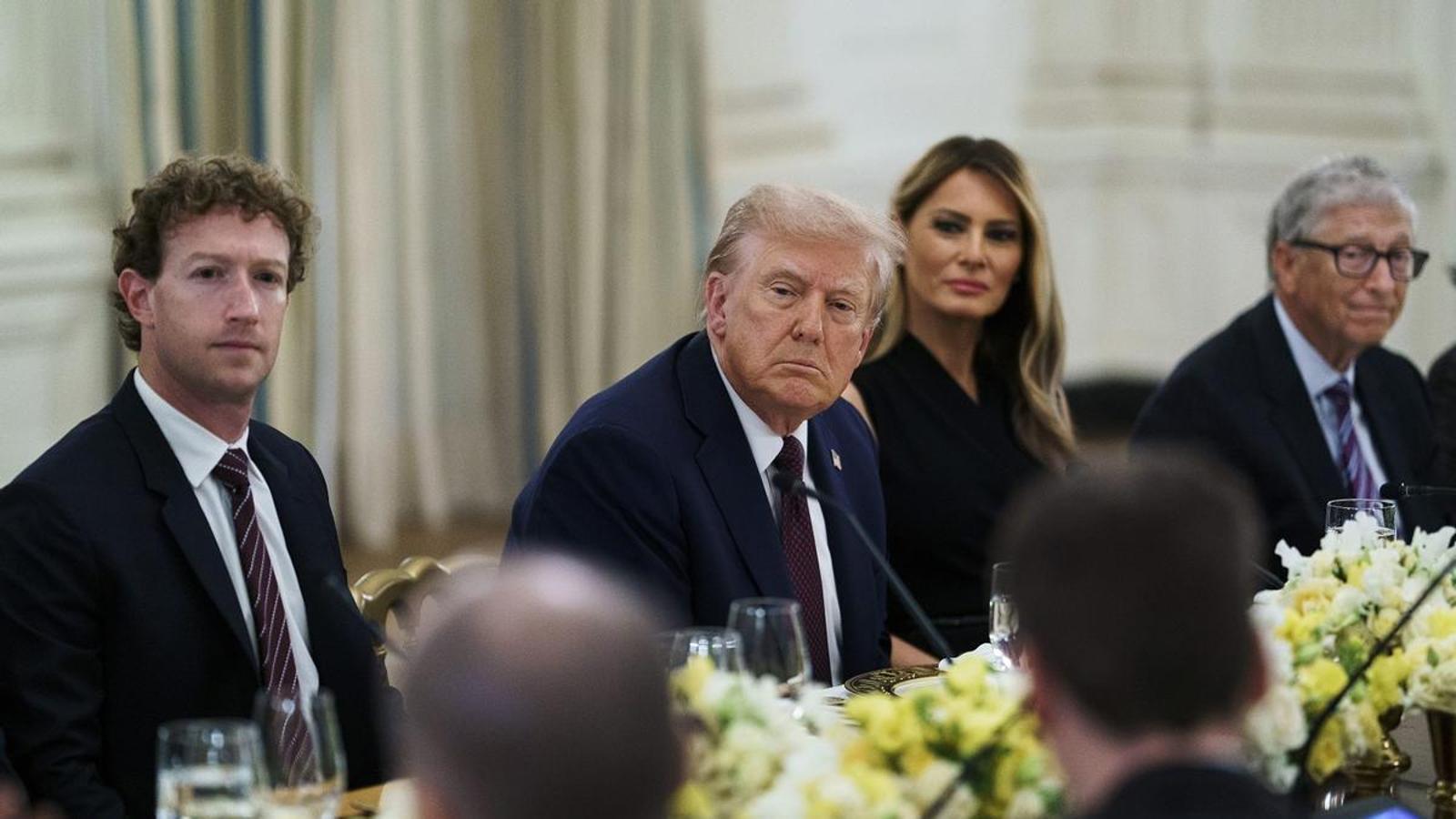Tariffs on services?


The accelerated flow of news should not make us forget the €2.95 billion fine the European Commission imposed on Google (link to the ARA, September 6, 2025) for violating antitrust legislation in the advertising market. It is good news that the Commission is reacting to the monopolistic abuses of large technology platforms, which should not be able to survive in a world—a market economy—where competition is considered a supreme value. In the United States, there are very important precedents for the legally mandated breakup of the oil and telephone monopolies, forcing the introduction of competition. In the European Commission, we owe the pro-competition push in the United Kingdom, which was followed by Jacques Delors, President of the Commission, who leveraged its approach to promote greater integration of the European market and an active competition policy. We economists are quite proud of what has been achieved, and it is excellent news that it remains active. The importance that economists place on a rigorous antitrust policy leads them to consider it the best weapon for distributing monopolistic profits and transferring them to users and companies.
Clearly, President Trump dislikes the concept of a competitive market with powerful arbitrators. His immediate outburst—one of many—following the announcement of the fine underscores one of Trump's obsessions: tariffs ("If you don't drop the fine, I'll raise the tariffs"). I think this can give us pause. Trump's reaction is worrying, but also interesting. It's worrying because it reveals a simplistic view of the economy, focused on trade in goods and forgetting that trade in services exists. Obviously, Trump can't be that simplistic. Although he surrounds himself with the CEOs of the largest technology services companies, he clearly realizes that these companies are crucial to the prosperity of the United States and its technological hegemony in the world.
Trump is proposing a universal tariff war to bring jobs back to the US (and to raise more tax revenue to allow him to lower direct taxes, which is his real goal), but he finds it unacceptable that service exports from American monopolistic companies are being inspected and even fined. However, the US has a huge surplus in services trade. The logic of applying tariffs to bring jobs back and make foreigners pay taxes could also be applied to services. But for services, it would have the opposite effect to what Trump seeks for trade in goods. A tariff war on services would primarily harm the US.
Certainly, the European Commission's fine on Google is not a tariff. It's a more sophisticated and economically more effective mechanism than a tariff, targeting the lack of competition in a market directly. The lack of competition is paradise for Trump. The businesses he likes are those based on insider information or power relations. Trump understands the concept of tariffs. He likes them. We might think, following the saying "If you don't want broth, two cups": if you want tariffs, we put tariffs everywhere. Tariffs are a simple economic instrument, easy to collect, and they have been the basis of the taxation of many states before the implementation of direct income and wealth taxation. For goods, borders are easy to control, and imposing tariffs is cheap. Imposing tariffs on services is more difficult, but the capacity of tax agencies around the world has greatly improved, and they can monitor cross-border service transactions.
What if the European Union, which was created as a tariff union, imposed tariffs on services from the US? Europe's deficit in services trade is enormous. Any small tariff could provide abundant resources that would offset the impoverishment of public finances due to the loss of fiscal capacity for large technological fortunes, created precisely thanks to trade in services. If large fortunes escape, we might direct the tax burden to the services that are at their source. This wouldn't work miracles for productivity: more expensive services generate less productivity, just like more expensive goods. But it would allow for the recovery of collection and redistribution capacity, and would reduce inequality. Considering the political debate taking place throughout Europe, it wouldn't be an idea to be ruled out. Perhaps it's the language everyone can understand. Tariffs are clear and visible. In times of geopolitical tension and high mobility of large fortunes, we give tariffs on services a chance. Perhaps this is what the left needs to confront the far right, dazzled by Trumpism.
